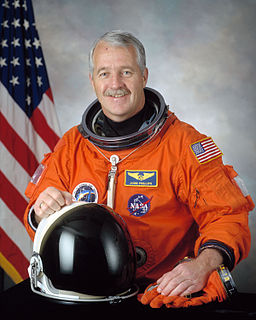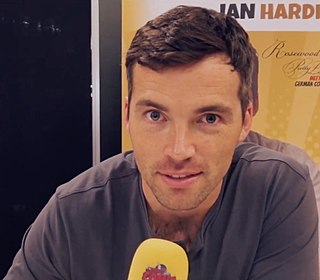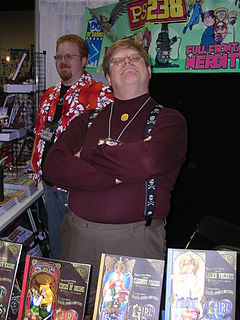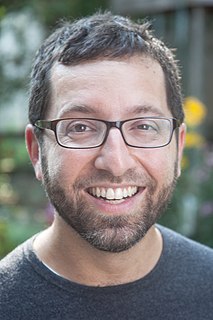A Quote by Lisa Randall
When I was in school, I liked math because all the problems had answers. Everything else seemed very subjective.
Quote Topics
Related Quotes
I didn't think I was good at anything, didn't do well in school. And then in the third grade, I was going to a public school. And the teacher was putting math problems on the board. And I said to myself - it's amazing how you can remember certain incidents at any age that made an impression - I asked myself why is she putting those up when the answers are obvious. And then I saw it wasn't obvious to anybody else in the class. So I said, "Hey, I'm good at something."
Mathematical thinking is not the same as doing mathematics - at least not as mathematics is typically presented in our school system. School math typically focuses on learning procedures to solve highly stereotyped problems. Professional mathematicians think a certain way to solve real problems, problems that can arise from the everyday world, or from science, or from within mathematics itself. The key to success in school math is to learn to think inside-the-box. In contrast, a key feature of mathematical thinking is thinking outside-the-box - a valuable ability in today's world.
I'm very committed to its educational institutions, including my alma mater Central Falls High School's drama program, because I know that's what got me my start. I do everything I can to keep it alive since it made me feel like I had something to give to the world. I also support the Segue Institute for Learning, a charter school in Central Falls run by a friend of mine that my niece attends. I'm committed to that because of its proven results. They have the highest math scores of any charter school in Rhode Island.
Most of the time I liked school and got good grades. In junior high, though, I hit a stumbling block with math - I used to come home and cry because of how frustrated I was! But after a few good teachers and a lot of perseverance, I ended up loving math and even choosing it as a major when I got to college.



































